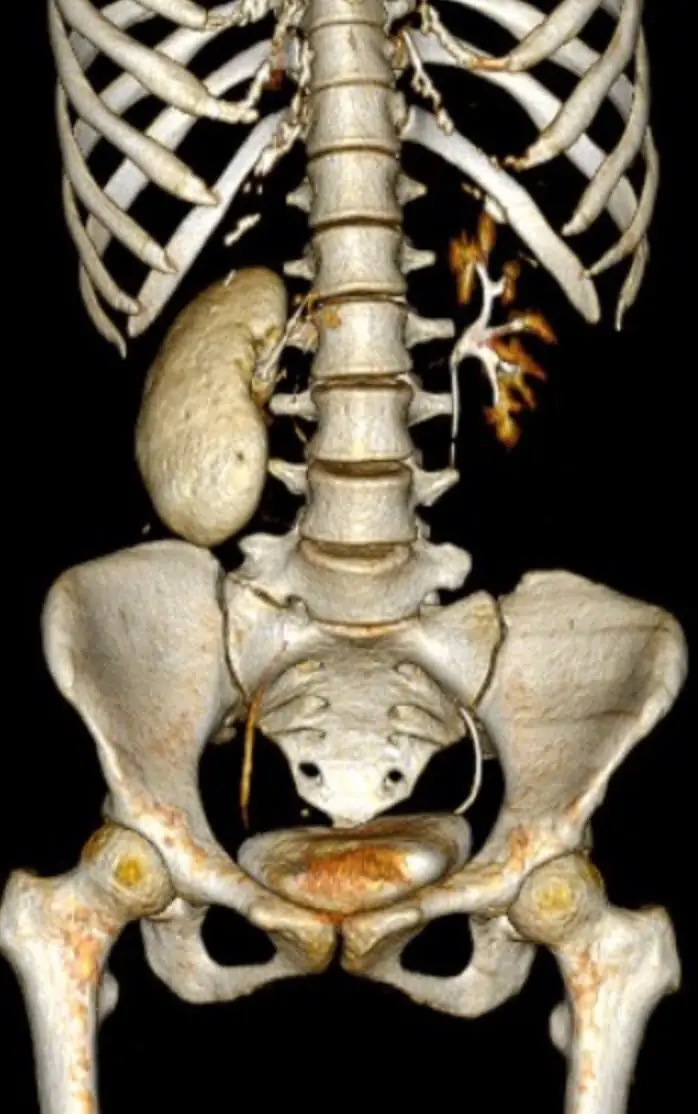
Excessive Yawning: A Sign of Many Dangerous Diseases
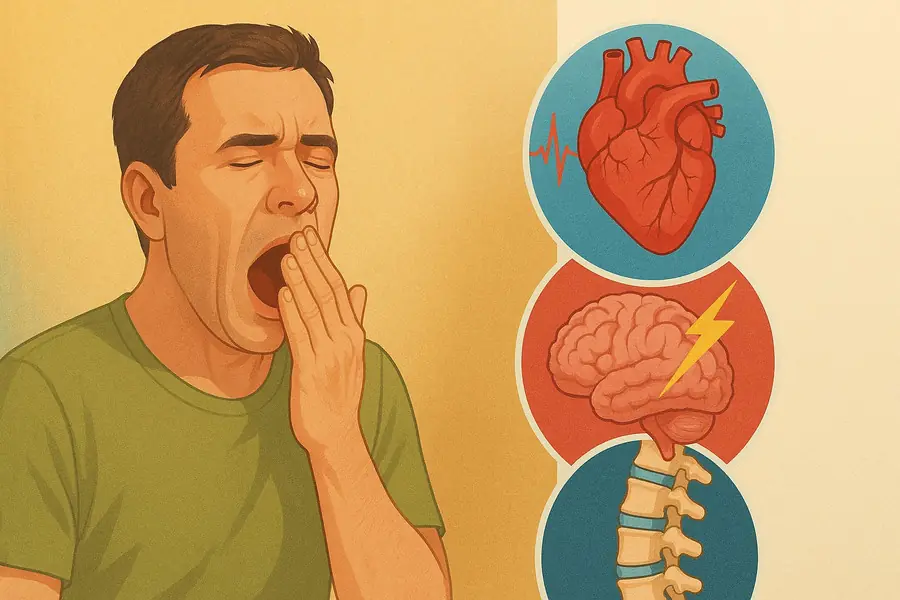
Here’s a detailed explanation about excessive yawning and its possible link to serious health conditions:
Excessive Yawning: A Sign of Many Dangerous Diseases
Yawning is a common physiological behavior that helps regulate brain temperature and increase oxygen intake. Usually, yawning is harmless and happens due to tiredness, boredom, or the need to stay alert. However, excessive yawning—frequent yawning that occurs without clear reason or disrupts daily life—can sometimes signal underlying medical problems that require attention.
Why Does Excessive Yawning Occur?
Yawning involves complex interactions between the brain, nervous system, and respiratory function. Excessive yawning may reflect abnormalities in these systems or be a symptom associated with several health issues.
Dangerous Diseases and Conditions Linked to Excessive Yawning
-
Neurological Disorders
-
Multiple Sclerosis (MS): Damage to nerve fibers can disrupt normal yawning regulation.
-
Parkinson’s Disease: Changes in brain chemicals can lead to abnormal yawning patterns.
-
Stroke or Transient Ischemic Attack (TIA): Yawning can be an early sign of brain ischemia affecting certain regions.
-
Brain Tumors: Tumors pressing on brain areas involved in yawning regulation may cause increased yawning.
-
-
Cardiac Issues
-
Heart Attack: Some patients report excessive yawning as a prodromal symptom before a heart attack. This may be due to vagus nerve stimulation or reduced oxygen levels.
-
-
Sleep Disorders
-
Conditions such as sleep apnea, narcolepsy, or severe insomnia cause fatigue and oxygen deprivation, leading to frequent yawning.
-
-
Medication Side Effects
-
Some drugs, including antidepressants and opioids, can cause excessive yawning as a side effect.
-
-
Anxiety and Stress
-
Psychological conditions like anxiety or panic disorder may increase yawning frequency due to changes in breathing patterns and autonomic nervous system activity.
-
-
Vagal Nerve Irritation
-
Overstimulation or irritation of the vagus nerve, which controls many autonomic functions, can provoke frequent yawning.
-
When to Seek Medical Advice
If you experience excessive yawning accompanied by other symptoms such as chest pain, weakness, confusion, sleep disturbances, or neurological changes, seek medical attention promptly.
Diagnosis and Treatment
Doctors will evaluate your medical history, conduct physical and neurological examinations, and may order tests such as brain imaging, cardiac evaluation, or sleep studies to determine the cause.
Treatment focuses on addressing the underlying condition, whether it’s managing sleep disorders, treating neurological diseases, or adjusting medications.
Summary:
Excessive yawning is more than just a sign of tiredness—it can be a subtle indicator of serious health problems ranging from neurological disorders to heart disease. Awareness and timely medical consultation are essential for diagnosis and effective treatment.
If you want, I can provide more information on specific diseases or tips for managing excessive yawning.
News in the same category


Can overly hot baths harm your heart and circulation?
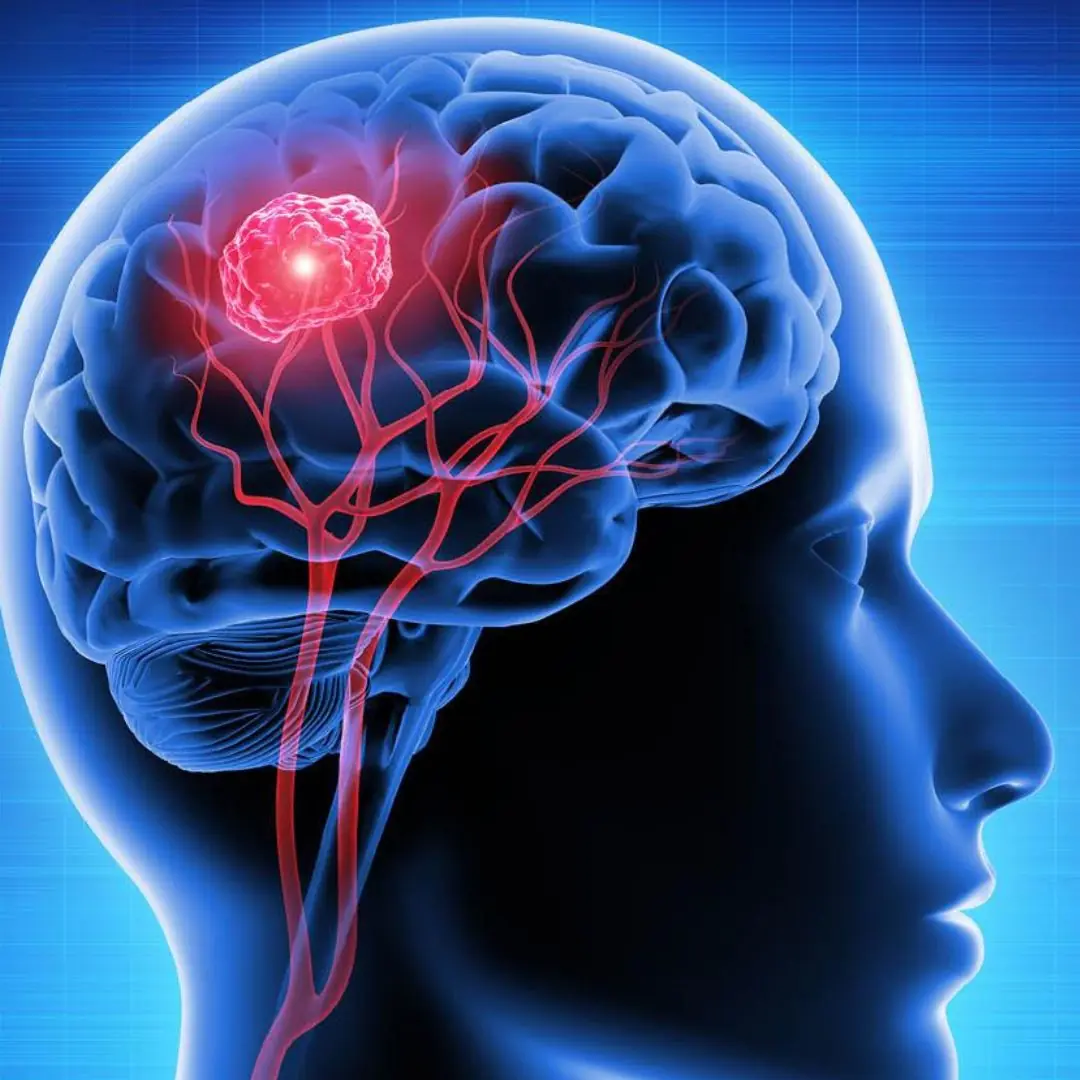
7 signs of brain c.a.ncer that are easily confused with other diseases

4 Things to Avoid After 5 PM to Lower Your Risk of Stro.ke
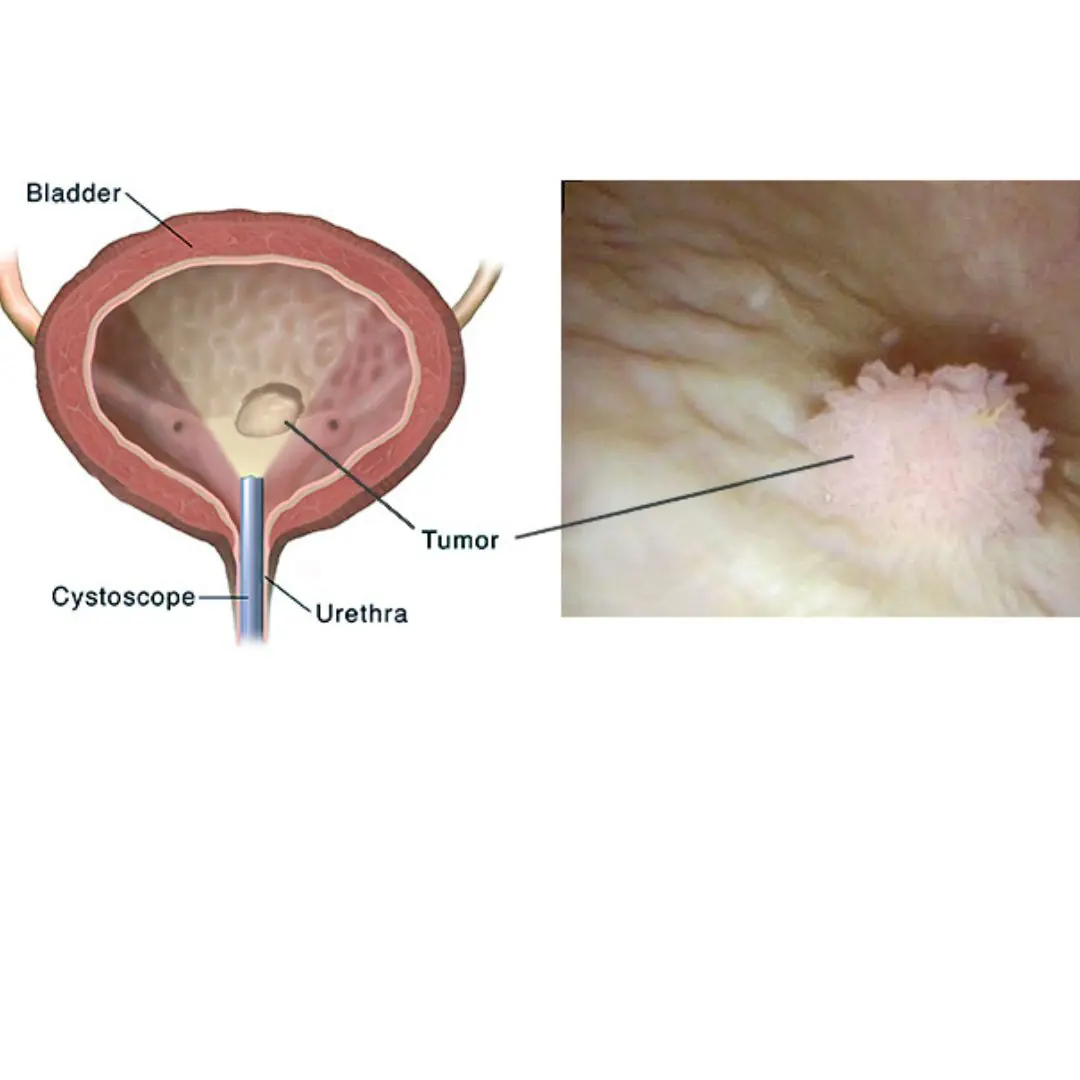
Bladder Ca.ncer: Symptoms You Shouldn’t Ignore
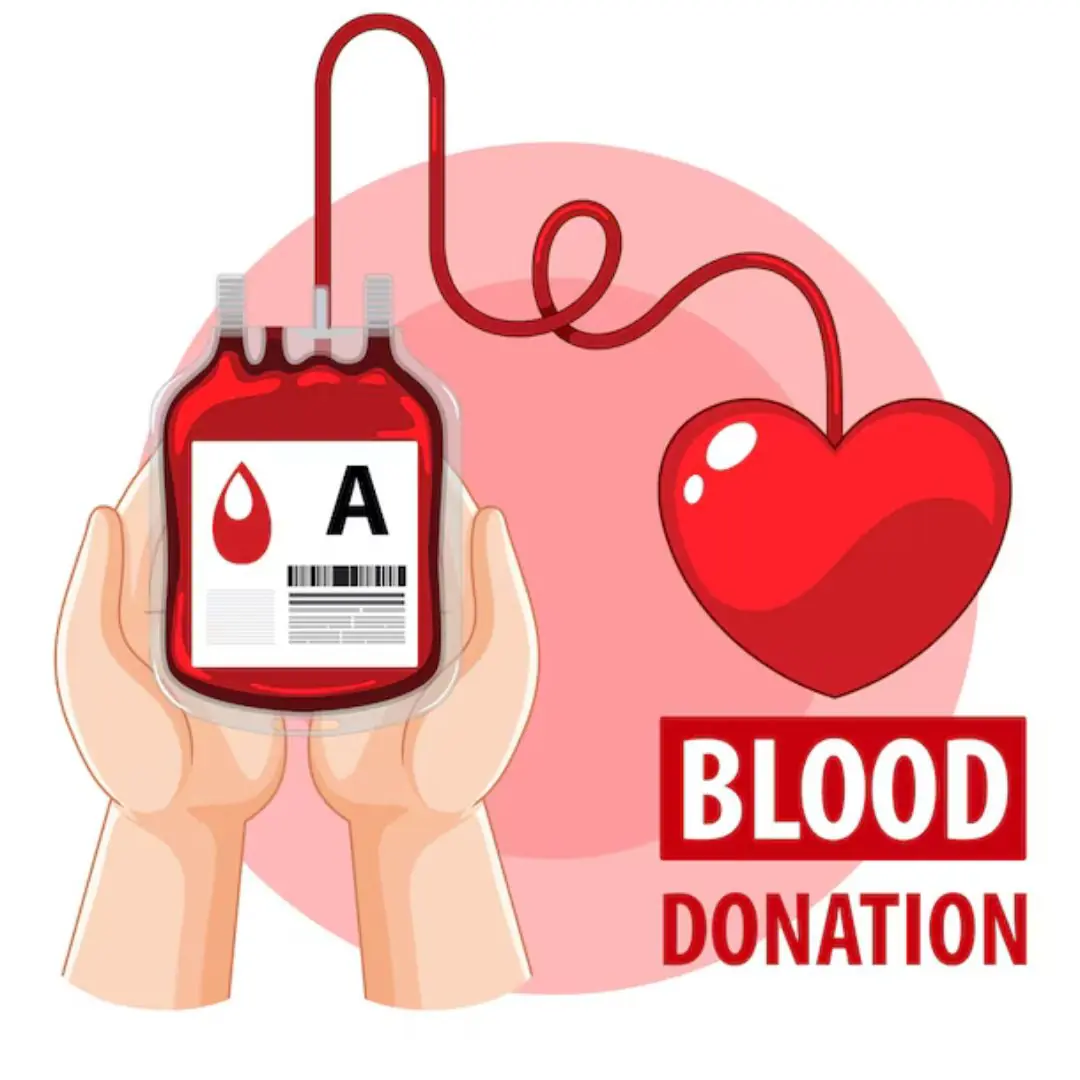
The Surprising Benefits of Donating Bl.o.od

5 types of vegetables and fruits help cool the liver and effectively lower liver enzymes

Woman Sudden Kidney Failure After Meal: Doctor Says “This Vegetable Is Poisonous… You Shouldn’t Eat It”

3 Critical Mistakes You Must Never Make with a Stro.ke Victim — Regret Won’t Undo the Damage

Shocking Truth: Black Garlic Isn’t for Everyone — 5 Types of People Who Should Avoid or Limit It Immediately

5 Early Warning Signs Your Body May Be Signaling Can.cer — See a Doctor Before It’s Too Late

Who should not drink soy milk? 6 things to remember

Understanding Vestibular Disorders: Causes, Symptoms, and How They're Treated

Symptoms of end stage kidney can,cer

4 best vegetables to help prevent canc.er

This fruit is extremely high in starch but helps reduce blood sugar and prevent 5 types of can.cer

These 3 “Frugal” Habits Are Actually Selling Out Your Health

When Your Li.ver Is “Drenched” in Fat, Your Body Sends 5 Nighttime Warnings

Man Diagnosed with Kid.ney Failure from 3 "Tasty" Foods
News Post

The Most Nutritious Part of the Chicken—“Pricier than Gold” Yet Often Thrown Away by Home Cooks

Doctor Urges 4 Actions to Protect Your Body’s "Blo.od Filter"

6 Smart Tips for Choosing Quality Honey Sellers Don’t Want You to Know

Can overly hot baths harm your heart and circulation?

7 signs of brain c.a.ncer that are easily confused with other diseases

4 Things to Avoid After 5 PM to Lower Your Risk of Stro.ke

Doctors Warn: This Common Way of Eating Boiled Eggs Can Clog Your Arteries

Blanch Bones First or Simmer Directly?

2 Common Vegetables That Can Harbor Parasites

The 'Vitamin C King' of the Vegetable World

Avoid Swimming If You Spot 'Square Waves'

3 Green Vegetables Called the “King” of Sto.mach Protection

Why You Should Not Bring Seeds on a Plane: A Detailed Explanation

Bladder Ca.ncer: Symptoms You Shouldn’t Ignore

4 Healing Drinks to Prevent and Dissolve Kidney Stones

10 Powerful Reasons a Simple Smile Can Change Your Life

The Surprising Benefits of Donating Bl.o.od

5 types of vegetables and fruits help cool the liver and effectively lower liver enzymes

Top vegetable to help reduce visceral fat extremely effectively, nutritionist reveals 4 more easy ways to lose weight
